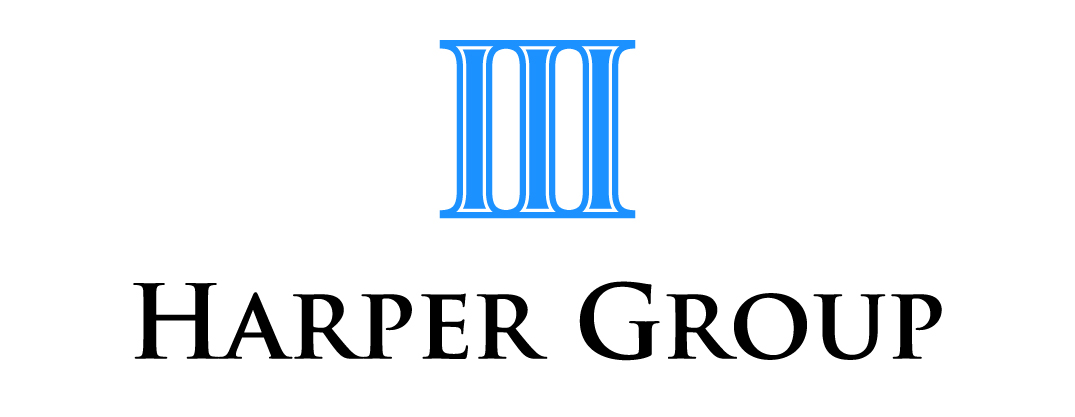Fair Work changes
Although not related to tax, there are a number of changes on the Fair Work front that employers should be aware of:
Minimum wage increase
The National Minimum Wage applies to employees who aren’t covered by an award or registered agreement.
From 1 July 2023, the new National Minimum Wage will be $882.80 per week or $23.23 per hour. The new National Minimum Wage will apply from the first full pay period starting on or after 1 July 2023. This means if your weekly pay period starts on Monday, the new rates will apply from Monday, 3 July 2023.
Note that if a worker is covered by a registered agreement, the minimum wage increase may apply to them. This is because the base pay rate in a registered agreement can’t be less than the base pay rate in the relevant award. Check your agreement by searching for it on the Commission’s website: Find an agreement.
Award minimum wage increase
The Fair Work Commission has also announced that minimum award wages will increase by 5.75%. Most employees are covered by an award. Awards are legal documents that outline minimum pay rates and conditions of employment in your industry or occupation. If you’re not sure which award applies to a worker, use Find my award.
This increase will apply from the first full pay period starting on or after 1 July 2023. This means if your weekly pay period starts on Monday, the new rates will apply from Monday, 3 July 2023.
Secure Jobs, Better Pay: 6 June changes to workplace laws
From 6 June 2023, changes also came on stream related to:
requesting flexible working arrangements.
extending unpaid parental leave.
agreement-making
bargaining.
For more information, visit, Secure Jobs, Better Pay: Changes to Australian workplace laws.
Aged care sector
Direct care and some senior food services employees in the aged care sector will receive a 15% wage increase from 1 July 2023.
For more information, visit 15% wage increase for aged care sector.
Paid parental leave scheme
From 1 July 2023, the Paid Parental Leave scheme is changing.
From this date the current entitlement to 18 weeks’ paid parental leave pay will be combined with the current Dad and Partner Pay entitlement to two weeks’ pay. This means partnered couples will be able to claim up to 20 weeks paid parental leave between them. Parents who are single at the time of their claim can access the full 20 weeks.
These changes affect employees whose baby is born or placed in their care on or after 1 July 2023.
Other changes include:
allowing partnered employees to claim a maximum of 20 weeks’ pay between them, with
each partner taking at least two weeks (except in some circumstances)
introducing a $350,000 family income limit (indexed annually from 1 July 2024) for claiming
paid parental leave pay
expanding the eligibility rules for fathers or partners to claim paid parental leave pay
making the whole payment flexible so that eligible employees can claim it in multiple blocks until the child turns two
removing the requirement to return to work to be eligible for the entitlement.
Harper Group Pty Ltd – Chartered Accountants Frankston - Ph 9770 1547
Disclaimer: All information provided in this article is of a general nature only and is not personal financial or investment advice. Also, changes in legislation may occur frequently. We recommend that our formal advice be obtained before acting on the basis of this information.
Please note we at Harper Group Pty Ltd are not licensed to provide financial product advice under the Corporations Act 2001 (Cth) and taxation is only one of the matters that must be considered when making a decision on a financial product, including on whether to make superannuation contributions. You should consider taking advice from the holder of an Australian financial services licence before making a decision on a financial product.
